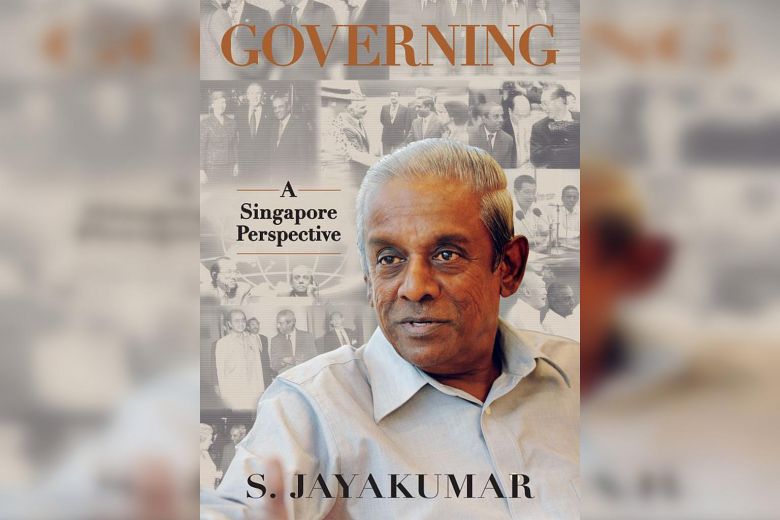Minister for Law and Home Affairs, K Shanmugam has given his speech in the November parliamentary sitting in relation to the Parti Liyani (Parti) case. He has said that the Attorney’s General Chambers (AGC) did not err in initially charging Parti. While Karl Liew (Karl) is set to face charges for providing false evidence in court, it would seem that nothing will happen to Liew Mun Leong (Liew).
Readers may be aware that the High Court had raised the possibility of “improper motives” on the part of the Liew family in the making of a police report against Parti to prevent her from complaining to the Ministry of Manpower (MOM) for her illegal deployment.
As a result of the High Court’s observations, the MOM apparently initiated a review of the case and conducted further investigations.
These investigations are however private and behind closed doors – not open to public scrutiny. The MOM has since confirmed that they will not be taking any further action against Liew for deploying Parti to work in Karl’s house in contravention of the law. It added that it had consulted the AGC on its recommendations before coming to its conclusion not to take further action against Liew.
Unsurprisingly, this enraged netizens who took to the Facebook page of Channel News Asia to voice their thoughts on this matter, alleging inequality and unfairness.
Given the private nature of the internal investigations where the public were kept in the dark and in the absence of a public Committee of Inquiry (COI), the outrage expressed is understandable.
Yet, it might be noteworthy to point out that two issues are getting conflated here. The authorities are of the opinion that the system is fair while netizens are saying just the opposite. However, it is imperative to point out that a fair system may well be unfairly implemented. This could mean that while the system is fair, the people administering it may well have their own unconscious biases.
For example, while the court system is fair, the lower court judge in the Parti case may well have her own unconscious biases which led to her seeming willingness to readily accept Parti’s guilt. Someone operating under the same system but without that unconscious bias may well have arrived at a different verdict under the same system! The same way the investigating police officers may have readily believed Parti’s guilt because of their own innate prejudices. So, while there is no grand conspiracy to protect the rich – the prevailing belief system may be geared to believe that the poorer person would steal.
It might well be that authorities and netizens are talking at cross purposes here. One is bent on protecting the reputation of what they feel is a fair system while the other is incensed at the unfair results produced by the system – both sides forgetting that a system can be fair and still come up with unfair results because the people administering the system are unconsciously biased!
That is the problem with closed door investigations where it is likely that internal investigators conducting the investors may unwittingly reinforce existing stereotypes without even realising that they are so doing! Without a fresh pair of eyes and public objectivity, can the closed door investigations really gain public trust?
Without the help of a transparent and open COI, will we ever get to examine the issue of unconscious bias?







